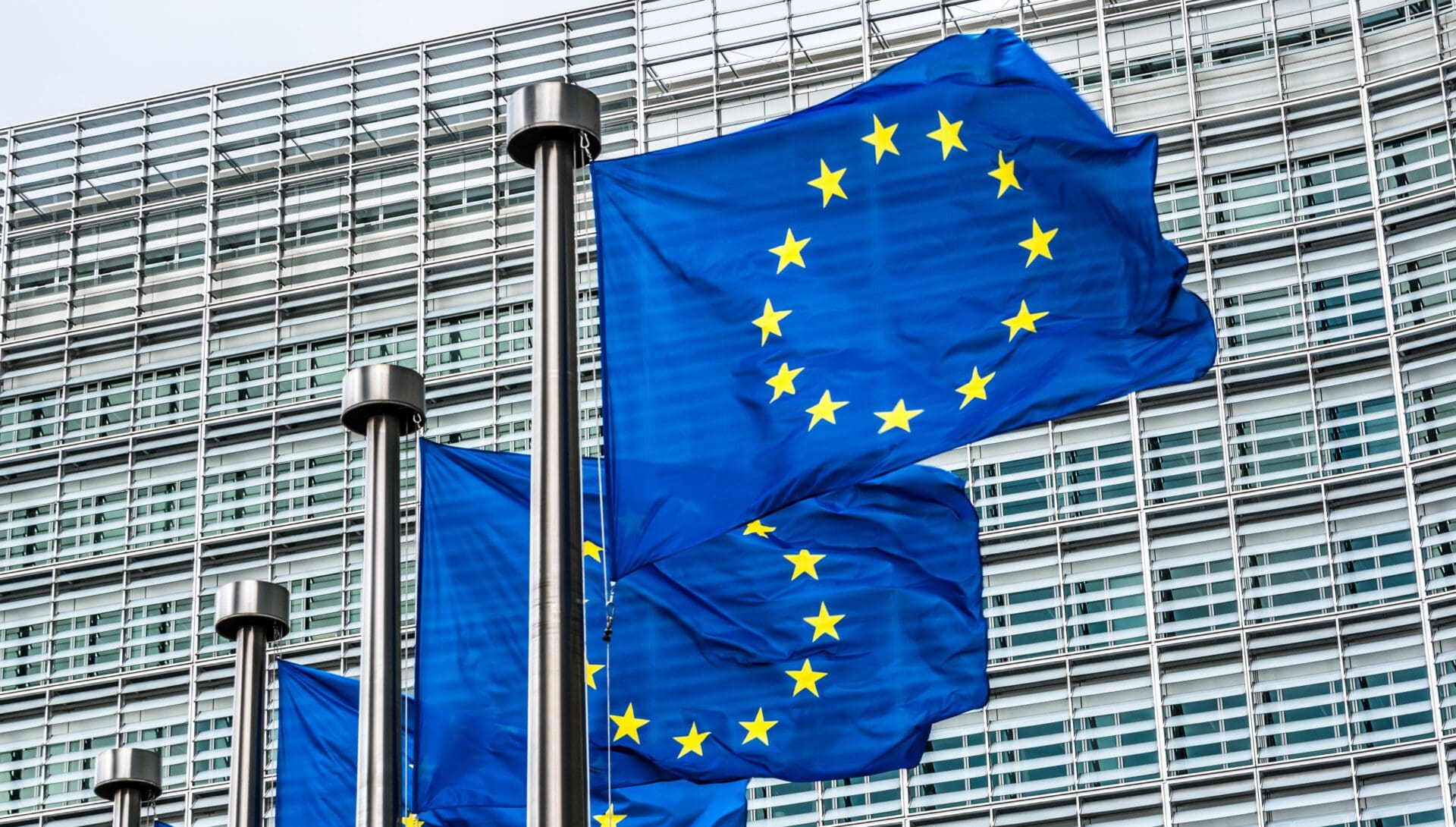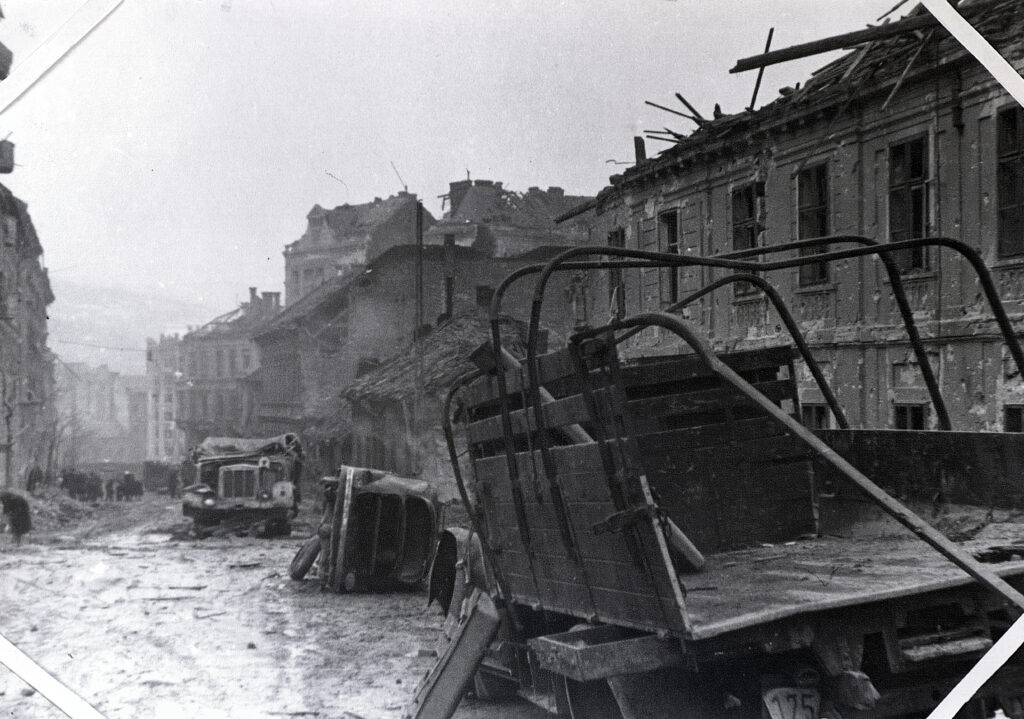The European Commission has released its new Rule of Law Report on 24 July presenting the current situation in the EU and an assessment of each Member State and enlargement countries. According to the Report, Italy, Hungary, and Slovakia performed poorly regarding the continued decline in democratic standards, threatening the effective prosecution of corruption, the independence of the judicial system, and the safety of journalists.
The Rule of Law Reports examine both positive and negative developments across all Member States in four key areas: justice system, anti-corruption framework, media pluralism and freedom, and other institutional issues related to checks and balances. The present document includes separate chapters for all 27 Member States containing information on the basis of the qualitative assessment carried out by the Commission and analyses new developments since the previous Report. During the preparation of the document, the Commission closely collaborated with national authorities and relied on a variety of sources including written input of all Member States and enlargement countries. The representatives of the Commission also held country visits between January and March 2024, during which more than 640 meetings with national authorities, independent bodies and stakeholders, including civil society organizations, took place.
Since 2022, the reports also contain concrete recommendations to the Member States, therefore, the analysis in the 2024 Report also comprises of a qualitative assessment of the progress made by the Member States towards implementing the recommendations from 2023. The assessments refer to EU law requirements and recommendations and opinions of the Council of Europe’s standards and best practices. Currently,
the three lowest performing countries are—according to the Report—Italy, Hungary and Slovakia.
The country chapter on Italy urged the country, among others, to ensure the proper funding of public media, protect the professional secrecy of journalists while avoiding any risk of negative impacts on press freedom, ensure it takes into account European standards on the protection of journalists, and reform its defamation regime.[i] In Italy, a growing political influence can be observed in the media, including censorship, the harassment of critical voices, and the potential acquisition of the AGI news agency by a far-right legislator. In May, reporters at RAI, the public broadcaster, went on strike to protest what they described as the ‘suffocating control’ exerted by Giorgia Meloni’s government over editorial content.
Regarding Hungary, the country chapter raises attention to more areas lacking progress and recommends to improve the transparency of case allocation systems in lower-instance courts, to introduce mechanisms to enhance the independence of the media regulatory authority, to strengthen the rules and mechanisms to enhance the independent governance and editorial independence of public service media, to remove obstacles affecting civil society organizations, and foster a safe and enabling civic space, among other further proposals.[ii]
It should be noted that during the past years, many infringement procedures have been launched against Hungary. The most recent is the legal action over the passing of the so-called ‘sovereignty law’ approved by the Parliament in December. The law empowers the state to investigate people and organizations suspected of undermining the country’s sovereignty, with potential convictions of up to three years in prison. Regarding the implementation of the bill, the Office for the Defence of Sovereignty has been established, which is empowered to collect information on individuals or groups receiving foreign funding and are perceived to influence the country’s political debate and electoral processes. Against the law many representatives of the civil society and independent journalists have raised voices, and the European Commission has also highlighted that the law violates many fundamental values and rights, for instance the principle of democracy, the right to private life, the protection of personal data, freedom of expression, information and association, and the right to a fair trial.
In terms of Slovakia, a number of recommendations have also been made by the Commission, including the introduction of measures ensuring the independence of judges, that sufficient safeguards are in place regarding the criminal liability of judges for the crime of ‘abuse of law’ as regards their judicial decisions, securing the effective and independent investigation and prosecution of high-level corruption cases, strengthening the rules and mechanisms to restore and further safeguard the independent governance and editorial independence of public service media, and improving the physical safety and working environment of journalists, among others.[iii] Recently, certain legislative changes have been made in Slovakia as well by the Prime Minister Robert Fico. For instance, one of these has been the overhaul of the public broadcast, RTVS, which had been ‘in conflict with the Slovak government’ and was replaced with a new entity, the SVTR. The Criminal Code has also been changed, raising concerns in Brussels, and the Special Prosecutor’s Office has been dissolved, which can imperil investigations into the misuse of public money, possibly undermining the EU budget. These changes may also invoke the launching of infringement procedures against Slovakia—which has been realized many times against Hungary—in case they violate EU standards.
However, it has been highlighted by Commission’s Vice President for Values and Transparency Vera Jourová that the document is ‘neither naming or shaming, nor praising anyone,’ but is
a ‘preventive tool’ to foster dialogue and raise awareness,
and it does not cast a good or bad light on neither of the named countries.
[i] See the detailed country chapter of the Report at the official website of the European Commission at: https://commission.europa.eu/document/download/60d79a4f-49cd-4061-a18f-d3a4495d6485_en?filename=29_1_58066_coun_chap_italy_en.pdf
[ii] See the detailed country chapter of the Report at the official website of the European Commission at: https://commission.europa.eu/document/download/e90ed74c-7ae1-4bfb-8b6e-829008bd2cc6_en?filename=40_1_58071_coun_chap_hungary_en.pdf
[iii] See the detailed country chapter of the Report at the official website of the European Commission at: https://commission.europa.eu/document/download/b4b142ba-2515-49fa-9693-30737384264e_en?filename=56_1_58083_coun_chap_slovakia_en.pdf
Related articles:







